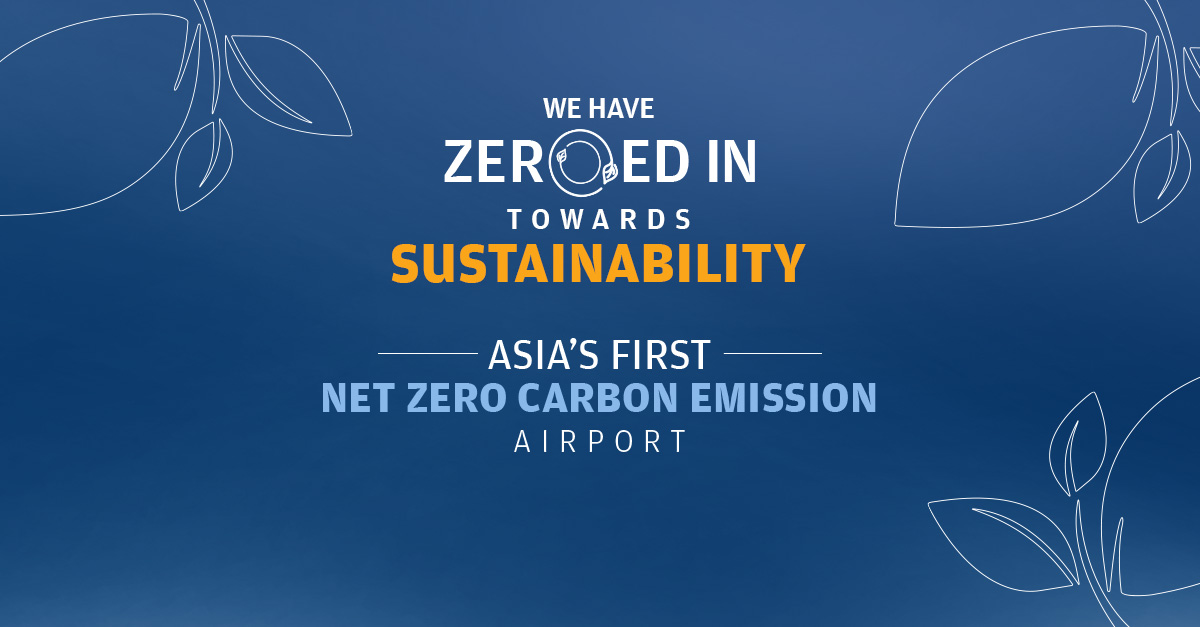
Delhi Airport has become the 1st airport in Asia to successfully achieve Net Zero Carbon Emission Airport status (Level 5 certification) under the Airport Council International’s (ACI) Airport Carbon Accreditation (ACA) program.
The ACA program provides a comprehensive framework for active carbon management at airports, encouraging best practices in carbon reduction and offering recognition for achievements. With five progressively ambitious levels of accreditation, Level 5 is the highest, reflecting an airport’s commitment to maintaining net zero emissions for Scope 1 and 2 while addressing Scope 3 emissions.
This prestigious certification recognises the airport's commitment to reaching and maintaining a net zero carbon balance for emissions under its control (Scope 1 and 2), while also extending efforts to influence and report on all other emissions (Scope 3).
While Delhi Airport has won the reward, below are the efforts and infrastructural developments behind the reward:
Delhi Airport's remarkable achievement of Level 5 certification underscores its leadership in sustainability and carbon management. The airport had initially set an ambitious goal to become a “Net Zero Carbon Emission Airport” by 2030.
Through innovative strategies, & initiatives such as renewable energy adoption, green airport infrastructures, promotion of electric vehicles, and implementation of zero waste to landfill programs, Delhi Airport has achieved its target well ahead of schedule–becoming first in Asia to achieve Net Zero Carbon Emission Airport status.
By achieving Level 5 certification, Delhi Airport has demonstrated significant progress in reducing its Scope 1 and 2 CO2 emissions by 90%. The remaining residual emissions have been addressed through approved offset removals, fulfilling the stringent requirements of the ACA program. Additionally, DIAL has committed to achieving net zero in Scope 3 emissions by 2050, aligning with ACI’s ACA frameworks and the global push for a sustainable future.
Commenting on the development, Mr Videh Kumar Jaipuriar, CEO-DIAL, said: "Reducing carbon emissions from airport operations has been a key focus for us at IGIA. Achieving carbon-neutral status in 2016 and Level 4+ transition accreditation in 2020 was just the beginning. Now, with the attainment of Level 5 net zero emission accreditation in 2024, we have once again demonstrated our commitment to continual improvement and sustainability. As we face the challenges of climate change, we are committed to further reducing our carbon footprint and exploring sustainable aviation fuel options to address Scope 3 emissions. Achieving ACI’s Level 5 certification well before our target date is a testament to our dedication to sustainability and innovation."

